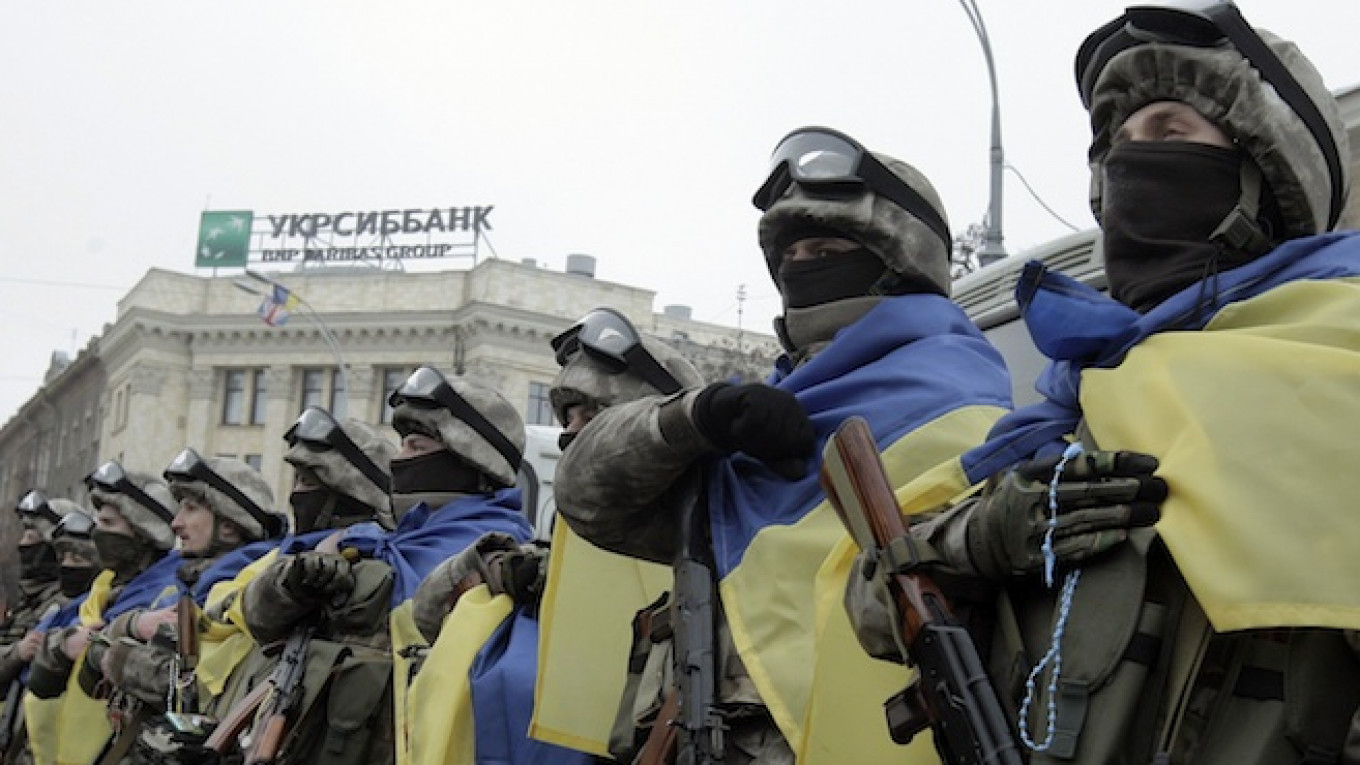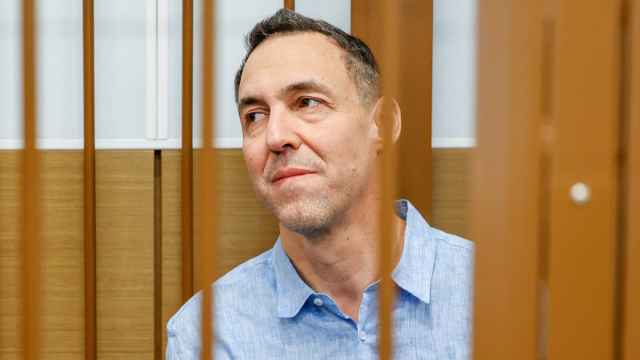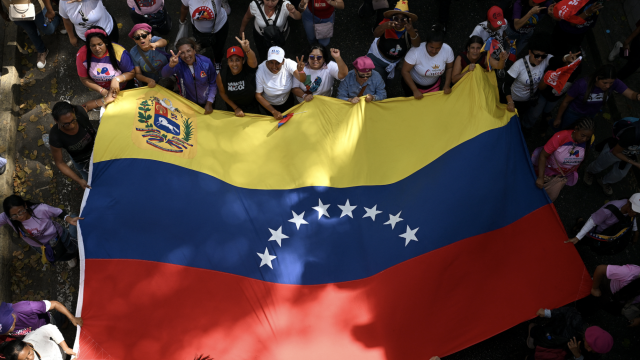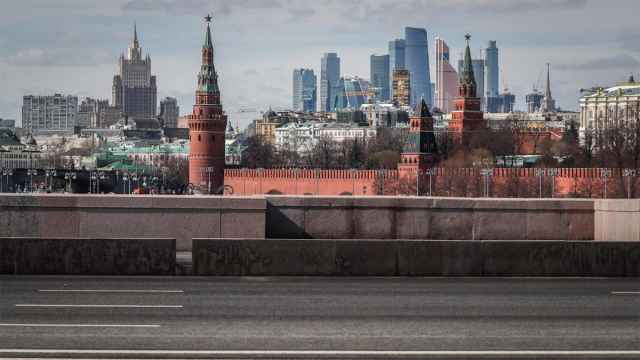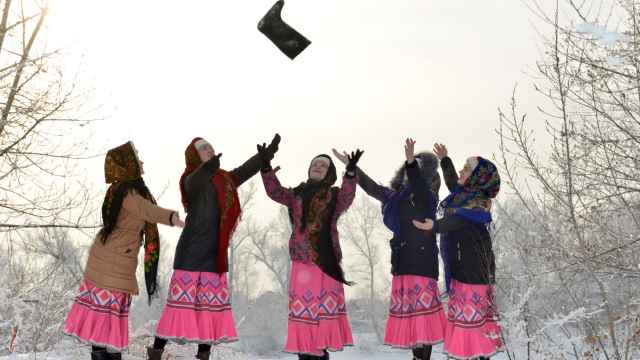WASHINGTON — The U.S. is reconsidering whether to provide weapons to Ukraine in its fight against Russian-backed separatists, senior administration officials have said, adding that no decision had been made.
"It's getting a fresh look," a senior administration official said Monday of deliberations among Obama administration officials on whether to send defensive weapons to prop up Ukrainian forces. "Where things will end up, we don't know."
U.S. Secretary of State John Kerry travels to Kiev on Thursday for talks with Ukraine's government, the same day NATO defense ministers meet in Brussels.
The policy rethink reflects what U.S. officials say is a frustration with Moscow's continued support for rebels despite months of international economic sanctions, and the collapse of the latest attempt at peace talks at the weekend.
Washington already provides military equipment to Ukraine, such as counter-mortar detection units, body armor, binoculars, small boats and other gear. But it has delayed any decision for months on providing arms, from rifles to anti-tank weapons, as it sought a diplomatic solution.
However, State Department spokeswoman Jen Psaki said the U.S. was particularly concerned with mounting violence after months of fighting close to the Russian border.
Separatists pounded positions of Ukrainian government troops holding a strategic rail town as both sides mobilized more forces. Five Ukrainian soldiers were killed in clashes at the weekend and 15 civilians died on Saturday.
While the U.S. and Western allies pursue a diplomatic solution, the administration was constantly reviewing how to help Ukraine, Psaki said. "We haven't taken options on or off the table."
The West says the rebels are armed by Russia and supported by several thousand Russian troops, a claim Moscow denies. Both the EU and U.S. have imposed sanctions against Russia.
"I don't think anybody wants to get into a proxy war with Russia," Psaki said, "Our objective here is to change the behavior of Russia. That's the reason we have put the sanctions in place."
U.S. President Barack Obama will host German Chancellor Angela Merkel at the White House on Monday. She has said Germany would not supply weapons to Kiev's military but has not objected to Washington doing so.
White House national security adviser Ben Rhodes, however, told CNN the best way to influence Russia was through economic sanctions.
A report by the Washington-based Atlantic Council on Monday said the U.S. should immediately authorize $1 billion in military assistance to Kiev and coordinate it with Poland, Baltic States, Canada and Britain.
"Should we delay action, the West should expect that the price will only grow," according to the report, which said military aid should include light anti-armor missiles, as well as unmanned aerial vehicles (UAV's) and armored Humvees.
Former U.S. Ambassador to Ukraine John Herbst, one of the authors of the report, said it was clear diplomatic efforts had failed and Moscow believed it could have its way on the battlefield.
"We are not arguing for a military solution, we believe the Ukrainian military cannot beat the Russian military, and right now the Russian government has shown no interest in a diplomatic settlement," Herbst said: "For there to be a real diplomatic settlement the military solution has to be denied to the Kremlin."
A Message from The Moscow Times:
Dear readers,
We are facing unprecedented challenges. Russia's Prosecutor General's Office has designated The Moscow Times as an "undesirable" organization, criminalizing our work and putting our staff at risk of prosecution. This follows our earlier unjust labeling as a "foreign agent."
These actions are direct attempts to silence independent journalism in Russia. The authorities claim our work "discredits the decisions of the Russian leadership." We see things differently: we strive to provide accurate, unbiased reporting on Russia.
We, the journalists of The Moscow Times, refuse to be silenced. But to continue our work, we need your help.
Your support, no matter how small, makes a world of difference. If you can, please support us monthly starting from just $2. It's quick to set up, and every contribution makes a significant impact.
By supporting The Moscow Times, you're defending open, independent journalism in the face of repression. Thank you for standing with us.
Remind me later.


